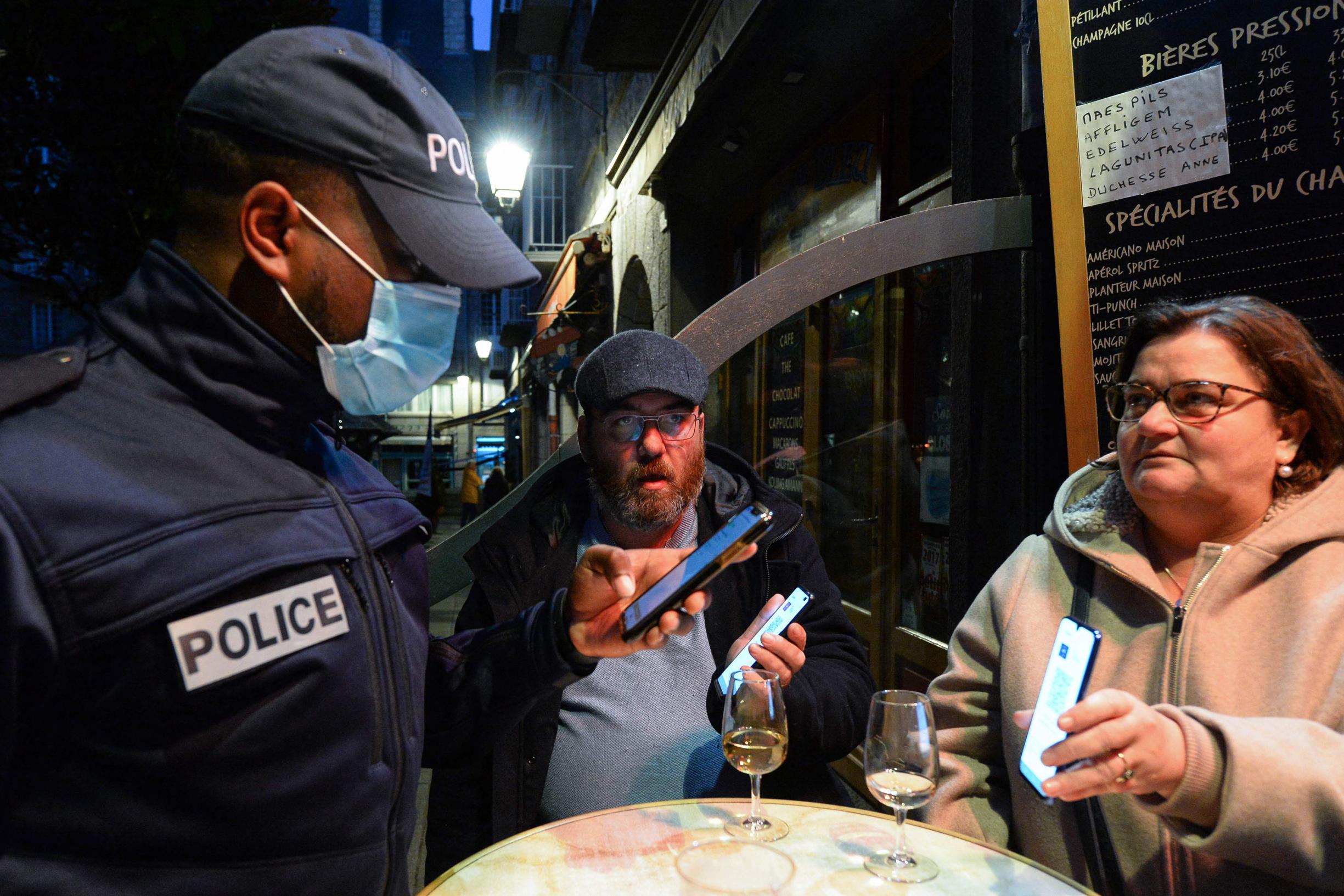The European Commission advises all member states to continue to treat the corona pass in the same way. Otherwise chaos threatens for travelers.
–
In the eyes of the European Commission, the European ‘vaccine passport’ is one of the great success stories during the pandemic, because it has allowed travel within the EU since the summer without many problems. Because countries outside the EU are already connected to the European system, 650 million certificates have already been issued. The certificate shows whether someone has been vaccinated, cured or tested negative.
But with the fourth wave, that coherence threatens to disappear because different governments are considering their own measures. For example, Greece is insisting on a validity of the corona pass of six months after the second injection, France is thinking of seven months and Italy of nine months. “There is a risk that different approaches will undermine trust in the system and the freedom of movement,” said European Commissioner Didier Reynders.
To avoid this, the Commission is formulating a series of recommendations to the Member States. Because the virus is more persistent than expected, the use of the corona pass will be extended: normally it ended at the end of June 2022.
Organization
The Commission proposes that the corona pass for fully vaccinated persons remains valid until nine months after the second shot. How did she get that deadline? According to Reynders, the protection of the vaccines decreases after six months according to the European Medicines Agency; the three additional months must allow Member States to organize the administration of the third injection in good time, so that everyone can continue to travel smoothly. According to Reynders, this so-called ‘booster’ can already be downloaded on the app.
After those nine months, the certificates of vaccinees will no longer be recognized if they have not received a third shot.
Negative test
Because free movement is a fundamental right, even unvaccinated people can continue to travel if they can present a negative test. However, those persons may be subject to quarantine. However, the Commission insists that no restrictions should apply to children under 6 years of age; for youngsters up to 12 years old, the same would apply, unless they come from a dark red zone. Because the European color chart will remain in use.
The recommendations are not binding. Therefore, the risk remains that Member States will act in a staggered order. ‘The member states must now quickly consider it,’ said Reynders. “We propose that they come into effect on January 10, 2022.”
– .


